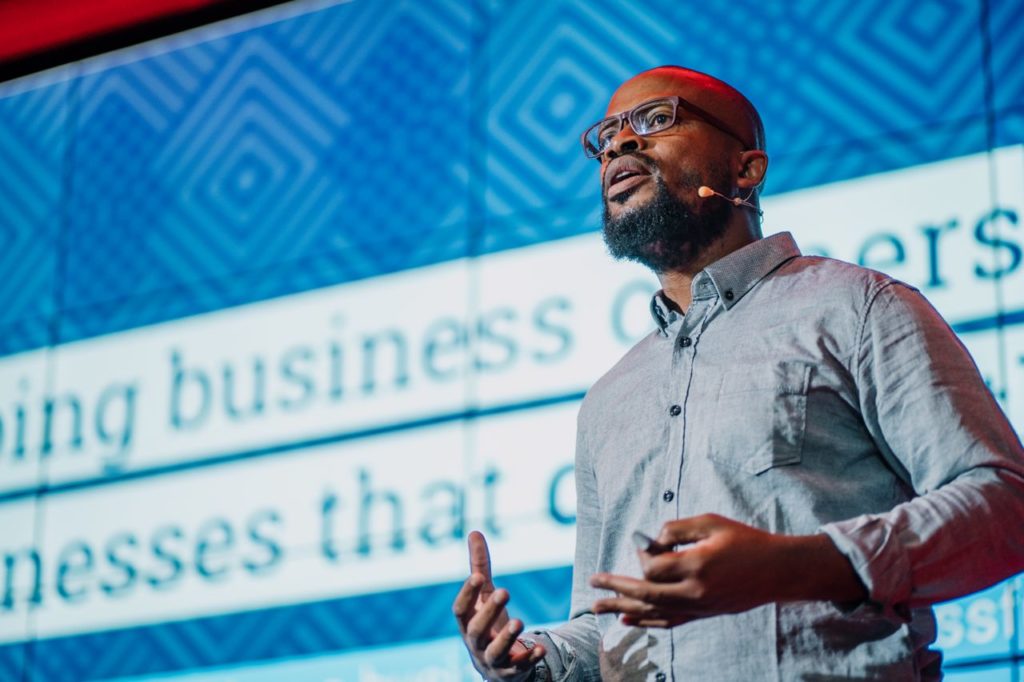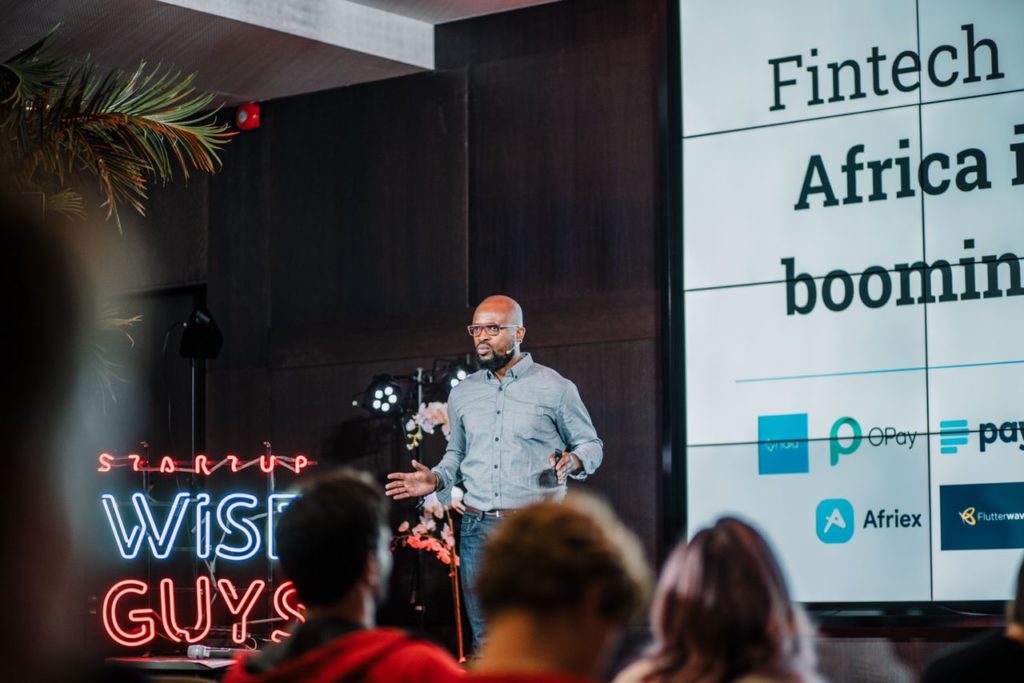
In this interview, Ibrahim Bashir who is the founder of dillali.com an income and expense management platform for SMEs in Africa and emerging markets makes bold statements about the big untapped opportunities in Africa’s tech landscape.
You can easily be said to have had a head-start over your peers because you grew up seeing computers. How did this make you feel?
It was difficult in the beginning because I spent a lot of time playing games, while my older brother was the one who started coding at the age of nine years.
However, it got easier after secondary school when I started learning how to develop websites. It was a lot of hard work to move from being self-taught to getting my first customer.
Having a head-start shaped my goal of being my own boss.
Why did you go into tech?
An older friend was one of my biggest inspirations.
At 24 years old, he established a successful information technology (IT) company in Lagos, Nigeria in 1995.
This was when no one knew much about tech and here was a young person running a tech company. I worked at the company for one year (during the great Association of Staff Union of Universities, ASUU strike), where I learnt how to build desktop computers, networking, and database programming.
These learnings helped me when I first connected to the internet, where all I saw were possibilities. I said to myself that this technology would change how we interact as human beings and wanted to be a part of it.
Your experience running your own web design company many years ago exposed you to the poor or absence of proper invoicing systems in small and medium-sized (SMEs) Nigerian businesses. Why did you decide to solve this particular problem?
I elected to solve this particular problem because most of the solutions available did not meet my needs as a Nigerian and African business owner.
The invoicing services were designed for the American market, which is different from ours. After interacting with more than 40 business owners, we realized there was definitely a gap in the market.
In addition to this, I worked with different companies across Nigeria and saw that record-keeping was a challenge, even with medium-sized companies. As a result, we decided to build a system that helps businesses digitize their financial record keeping using Dillali.
What are some of the peculiarities of the African market that your solution addresses?
Localization is the key peculiarity. For example, in Africa, the majority of a business’s customers purchase items only once compared to those who are repeat customers.
So, we have a feature that caters to such, where the business owner can easily record the information as quickly as possible.
Secondly, most financial tools are available for computers and laptop devices, while in Africa the majority of our tech activities are on the smartphone from banking to shopping and investing. We have reversed this flow by focusing more on the mobile experience.
We have focused on simplifying financial record-keeping and making a solution that works from a business owner’s perspective rather than accounting.
This makes it easier for an entrepreneur to understand clearly what money has been generated and spent.

You founded Dillali to help SMEs manage invoices, receipts, and expenses all in one place. This clearly implies the use of technology. How is the market responding to this solution?
It has been a learning process for us since we launched the beta version of the app in January 2021, we started with 36 registered businesses.
Today we are close to 11,000 from Nigeria, Ghana, Sierra Leone, and some other countries. It has been tough but we are excited with the feedback from our users so far.
What is the size of your target market and how are you positioning to service it profitably?
Africa is a very large market with over 50 million formal businesses and an informal sector of more than 100 million. We have narrowed our focus to the West African market, starting with Nigeria and other English-speaking countries in the region.
Our service is free for all our basic users and a subscription fee is billed for premium users. As a result, we are positioned to support upstart businesses that usually struggle at the beginning to build a cash flow and become profitable.
By being free, Dillali is a partner that is with a business long-term and we grow together – as the businesses grow, we anticipate transitions to the paid service to meet their needs. We believe this is the best strategy for profitability.
What are some of the challenges you see and how are you overcoming them?
Trust is a major challenge in the market.. This has affected the adoption not just of Dillali but other tech solutions around. As a result, we are spending a lot of time on user education and brand visibility to prove that we are real.
How do you see Dillali’s growth trajectory in the next 5 – 10 years?
This is a tough question as the market dynamics keep changing with many unexpected outcomes.
However, we envisage that in five years we will reach 300,000 active users on Dillali. We also plan to evolve into a full-suite business management solution for growing businesses in Africa and other emerging markets.
In 10 years, we should be a well-established technology tool that connects all facets of financial services for our users.
What are some of the biggest mistakes and lessons you have learned as an entrepreneur?
Many! My biggest mistake was not focusing on one thing early enough because of the many exciting opportunities that came my way. As a result, I ended up trying to do a bit of everything and achieved little.
A major lesson learned is that everything takes time and we need to put in the time to get the best results.
How has Africa’s tech ecosystem evolved over the years and where do you see Dillali playing in it in the future?
We are in the middle of a tech boom in Africa, which started when mobile data access increased on the continent in the early 2000s.
Now the cash is coming in through investors and venture capitalists (VCs), to finance startups in building disruptive solutions for Africans by Africans. The funding is speeding up the rollout of solutions and we are just scratching the surface of what is possible. The ideas and talent pool in Africa will play a major role in all things tech in the next 10 years and beyond.
Dillali is only a small part of the African story. We want to change the narrative that we can and we will build great solutions that will solve global problems.
How is Dillali funded?
Dillali closed an Angel round ($180,000) in December with investors from Nigeria, Europe, and the United States.
The company has grown from two co-founders in early 2021 to a team of 10 with the majority in Nigeria.
The company has been successful in participating in different international acceleration and startup programmes including; Startup Wise Guys – a leading B2B accelerator in Europe; tech2impact; and New Nordic Leads.
In fact, Dillali was the first Nigerian startup to be selected into Startup Wise Guys 300 strong portfolio companies (three startups from Africa). The performance of the African startups led to the establishment of a new Startup Wise Guys acceleration program for African startups (SaaS Africa), which started in February 2022.
Dillali was selected as one of the top 50 impact-focused startups in 2021 by One Initiative (https://www.oneinitiative.org/top-50-impact-2021).



















